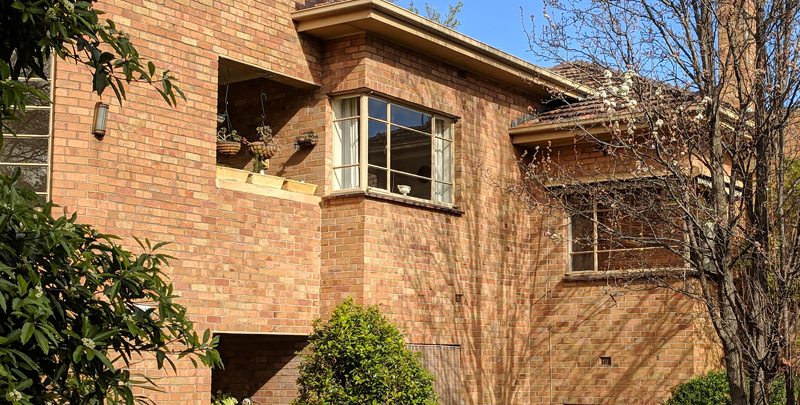When considering a prospective apartment, most buyers quite rightly focus on identifying potential upgrades and faults with the property.
Spotting necessary interior improvements and maintenance needed on an apartment purchase isn’t necessarily a drawback for a buyer.
In fact, a new owner may reap significant return on their renovation dollar – and have the autonomy to dictate the timelines, budget and style of such modifications. Such faults and required upgrades may also lead to less competition for a quality property investment.
What can be more critical is the less controllable elements of the property – particularly issues that sit with the owners corporation, formally known as the body corporate.
Conducting preventative research before purchasing a property is critical to avoiding costly and frustrating issues afterwards. Not only in regards to the physical state of the apartment block, but also the health and functionality of the owners corporation.
So what are the keys, when assessing owners corporation issues, as part of a prospective property investment?
Physical inspection
Typically buyers will first look at the individual apartment itself, considering factors such as size of the apartment, fit out, orientation, position in the block, and whether it features a balcony, car space and storage facilities.
But when considering the purchase from an owners corporation perspective, buyers need to focus on the common areas, and put together a checklist to provide insight into how well the body corporate is maintaining the property.
First off, assess the stairwells. Are they carpeted, and if so is the carpet starting to wear or is it stained? Are the stairwell walls in good condition, or are they marked and in need of maintenance, after years of incoming and outgoing tenant removals?
Light fittings are another issue to watch. Is the stairwell nicely lit, or dark and dingy? That’s important, because your future tenants will want to feel safe and comfortable making their way in and out of their apartment.
Are the common gardens, paths and driveways well maintained? Other external elements include window frames and fascia boards, particularly if they are timber. Are they starting to weather and in need of painting?
Speak with occupants
While it’s not always possible, speaking with a current occupant of the property, provides great intel into the tenant experience. While knocking on doors isn’t advisable, crossing paths and striking up a quick conversation, can yield valuable information.
Speaking to either an owner or renter can both be instructive, although bear in mind renters tend to focus on the negative and owners on the positive side of the apartment block. Ask about any noise issues, maintenance timeliness, and also any security concerns.
Review owners corporation meetings and minutes
Check the owners corporation’s past AGM and community meeting minutes, and owners corporation certificate. Both of these will be included in the contract of sale prior to purchase.
These can uncover problematic property issues and repairs that are likely to become a major cost for new owners.
Review the financials – engage a professional to search the books and records of the owners corporation and see any issues it may be facing.
Check annual levies – these fund the annual running expenses of the owners corporation and its long term maintenance. Items like elevators and pools can add significant yearly costs and outgoings to a potential investment.
Consider the number of owners – effecting change in a 12-apartment block is one thing. Effecting change in a multi-purpose high-rise tower consisting of retail, office and residential uses is another.
Also, check meeting minutes for signs of major division and disputes within the group – if no one can agree on anything, maintaining and improving the block will be difficult.
Do any owners have multiple holdings? This can be an issue particularly in smaller blocks, because if someone has monopoly on the ownership, they can dominate decisions on what will and won’t be done.
Speak to the owners corporation manager
Once you have gathered a list of issues you want to address, seek out an owners corporation manager. There are an array of property management companies in Victoria. Some will be easier to gain information from than others, but spending the time to go through the necessary processes is well worth it.
Common questions to check off include the nature of the maintenance plan, whether there is a sinking fund in place, future works and levies, attendee numbers at recent AGMs, and whether the owners corporation is generally proactive in dealing with issues.
Ownership composition
The makeup of the apartment ownership within the block can be a consideration for prospective buyers. There is an assumption that owner occupiers take better care of their properties, as compared to investors. However, in some cases, owner occupiers can place greater value on their personal living preferences, as opposed to what’s best value for the block as a whole.
Ideally, an active owners corporation, which is prepared to spend money and carry out the necessary works to maintain and improve the property, serves the long term investor.
That’s why investors must spend the necessary time conducting due diligence on an owners corporation. Much better to avoid years of dysfunctional owners and AGMs than face frustrations and costly imposts that ultimately impair long term investment returns.

